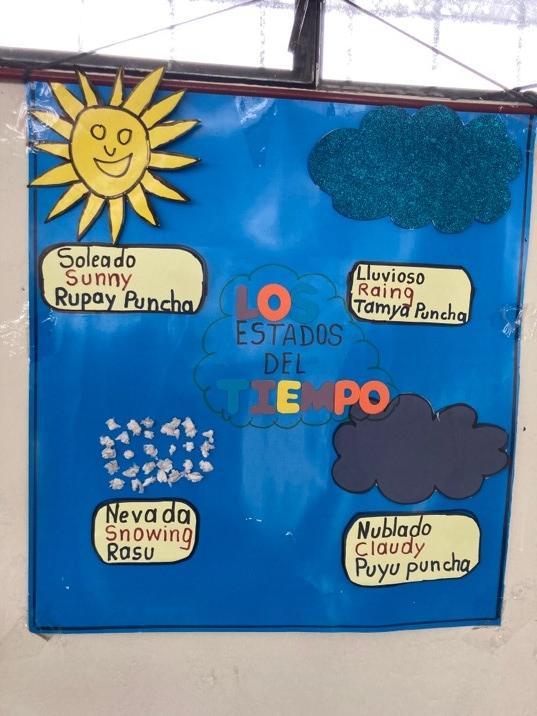An advanced Spanish course offers travel to Ecuador and a chance to see medicine being practiced firsthand

In “Spanish for a Medical Mission in Ecuador,” or SPA 204, students dove into the nuances of Spanish medical terminology in the Princeton classroom and prepare for a hands-on, experiential medical mission to Ecuador over spring break. Once on the ground in Riobamba, Ecuador these students served as translators between the Conestoga Eye Group, Pennsylvania-based ophthalmologists, and Hospital Fibsupam.
Students visited with children from 3 to 18 years of age. About 20% of the children screened needed glasses. The team also identified conditions that could be treated at the clinic, like cases of strabismus. Without glasses or surgery, many of these children would have to leave school, which perpetuates the cycle of poverty.
The Ecuador excursion was supported by the Princeton Institute for International and Regional Studies (PIIRS) as part of the Exploration Seminars program. Exploration Seminars are regular on-campus seminar courses that incorporate faculty-led international travel. Travel may take place for 7 to 9 days during the corresponding fall or spring break and must be central to the pedagogical mission of the seminar.
